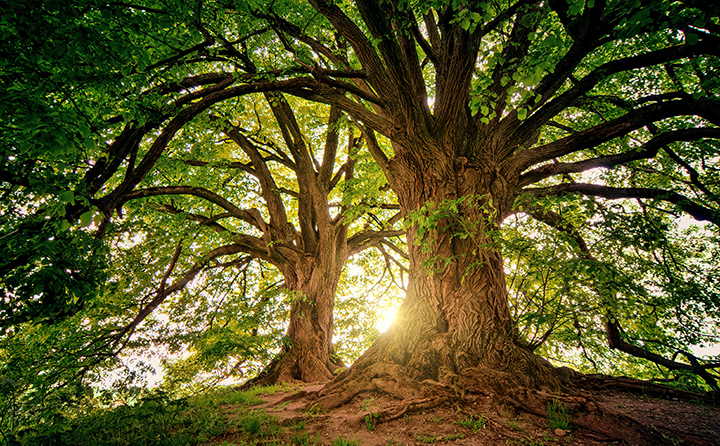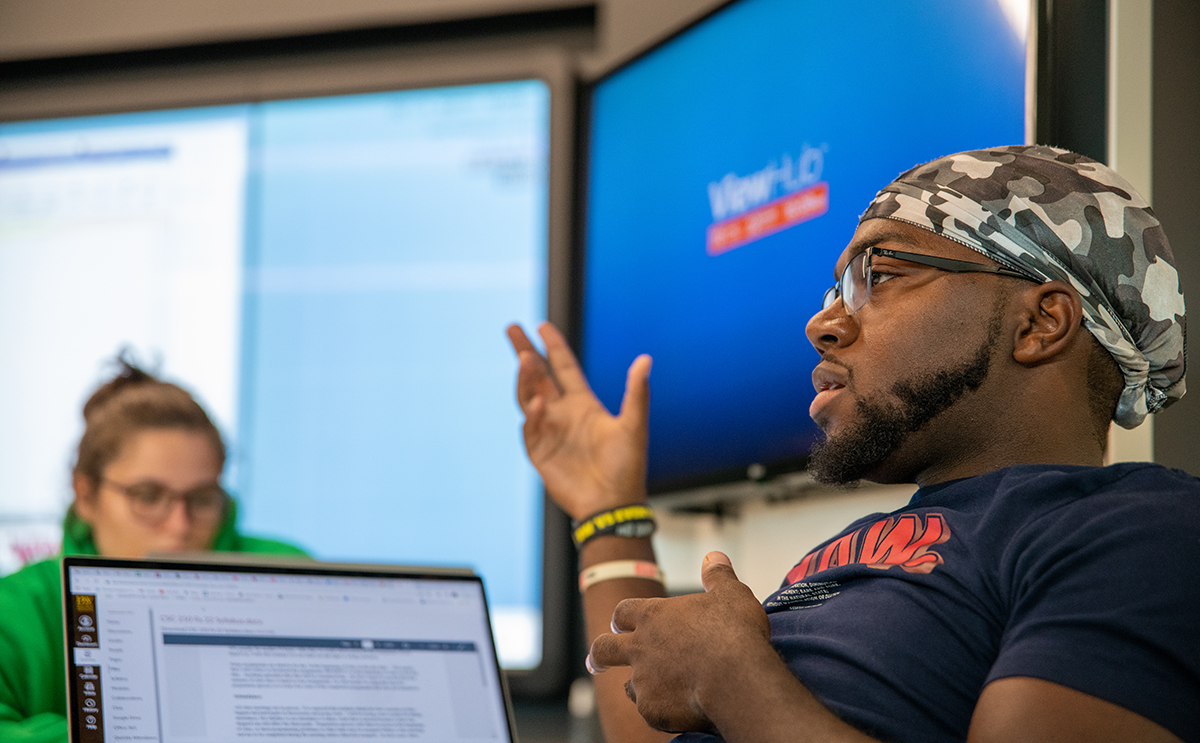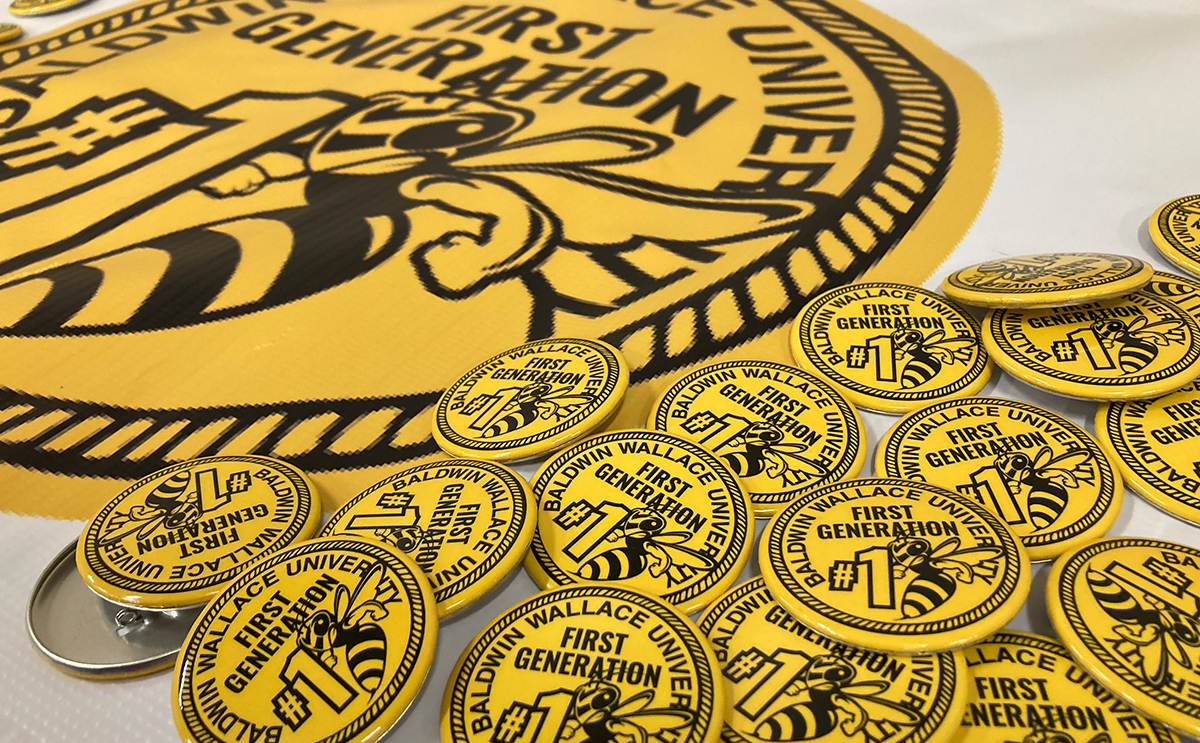BW Voices: Popular ideas about trees cooperating harm the cause of conservation
 BW
biology
professor
Dr.
Kathryn
Flinn
challenges
the
trendy
idea
that
trees
talk
to
each
other
as
caring
communities
in
a
new
opinion
and
analysis
piece
for
Scientific
American.
BW
biology
professor
Dr.
Kathryn
Flinn
challenges
the
trendy
idea
that
trees
talk
to
each
other
as
caring
communities
in
a
new
opinion
and
analysis
piece
for
Scientific
American.
Flinn suggests that the romantic notion, which has been popularized in a number of best-selling books, including Suzanne Simard's "Finding the Mother Tree," soon to become a movie, may actually harm the cause of conservation.
Romantic but misleading notion
Breaking down the science that confirms trees do indeed "talk" via underground networks, Flinn argues the idea that there is an altruistic community motivation behind these processes is not the most likely explanation and discounts the potent forces of natural selection.
Flinn, who specializes in plant ecology research that often involves BW students, including ring studies, witness tree research and investigations into the impact of invasive earthworms, says, "Overemphasizing tree cooperation is misleading."
"The forest floor is a forum of fierce competition," she explains. "A mature maple tree produces millions of seeds, and on average, only one will grow to reach the canopy. The rest will die, with or without help from mom."
Trees are not like humans
 Flinn
argues
that
the
attribution
of
human
characteristics
or
behavior
to
trees
leads
to
misunderstanding.
Flinn
argues
that
the
attribution
of
human
characteristics
or
behavior
to
trees
leads
to
misunderstanding.
"Anthropomorphism is taboo in science because it deceives us more often than it helps. Trees are not people, and forests are not human families or even republics. Suggesting that they are can only lead us to imaginary conclusions," she writes.
To read Flinn's full analysis and explanation of the science behind popular notions about talking trees, visit the Scientific American website. Find more information on Flinn's collaborative student research at The Flinn Lab.



